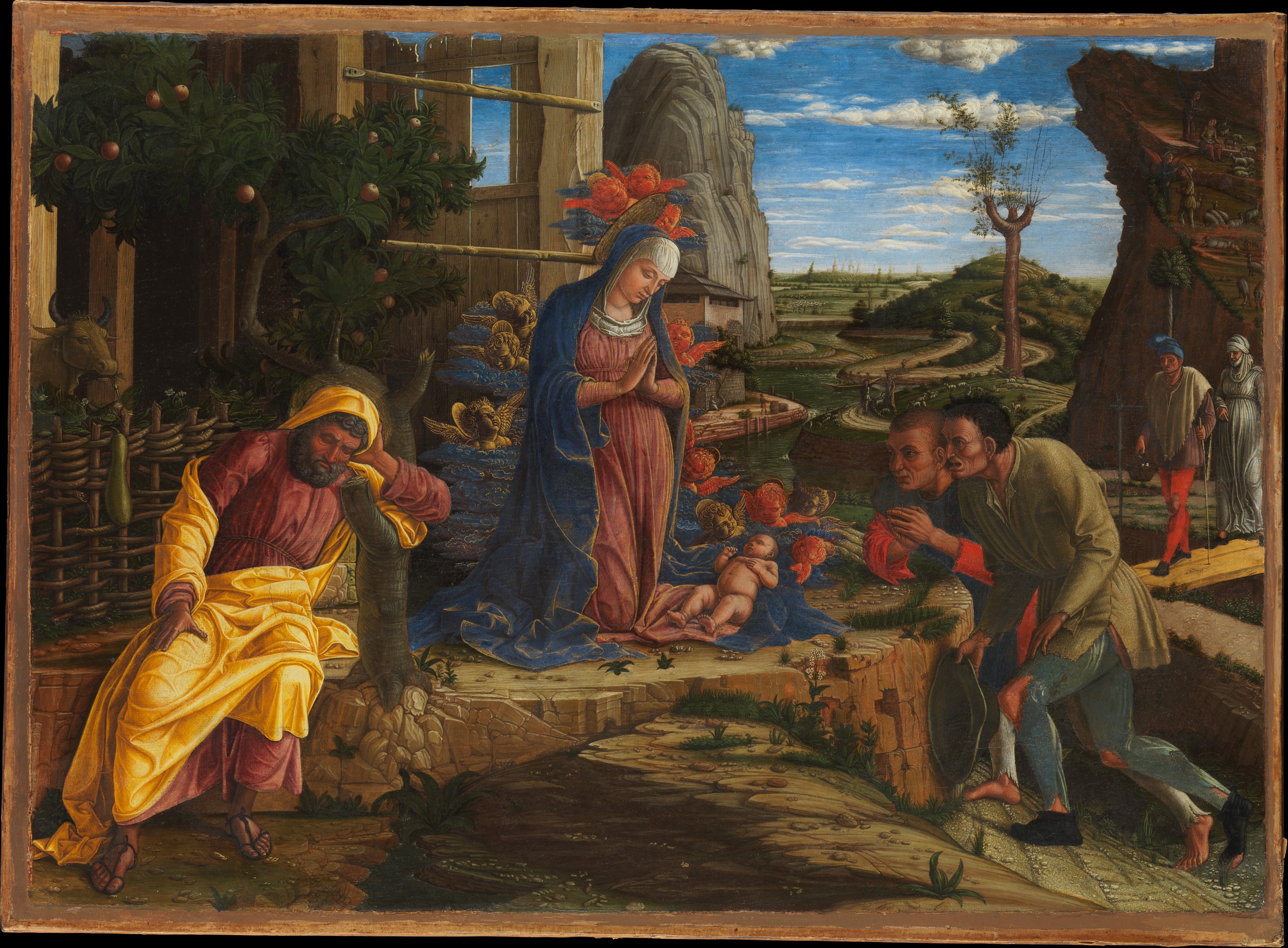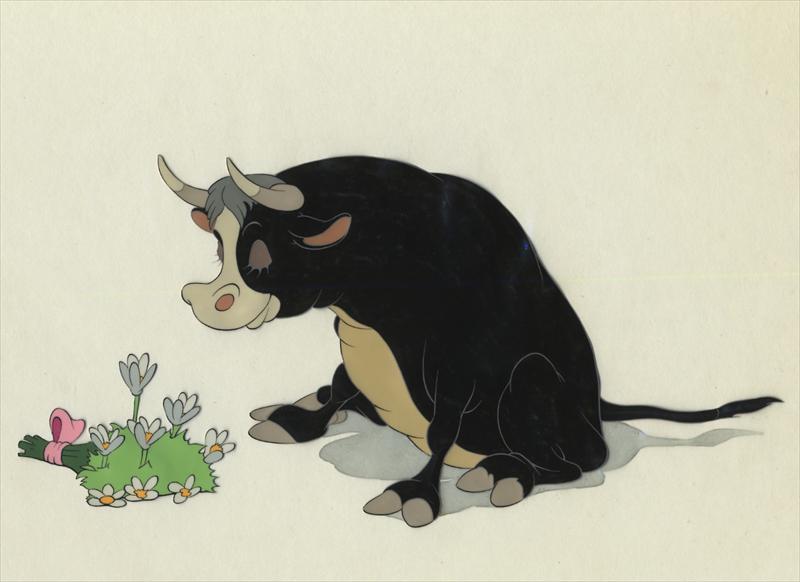“In their loss, smells have become a literary topic of our time, as much as they are a topic of the world of science and technology and of business.” – HANS RINDISBACHER
Existential
“Whereas with other senses we make a conscious decision to look, listen, taste or touch, with smell it is often just an inherent aspect of existence — if you’re breathing, you’re smelling.” — BRIAN GOELTZENLEUCHTER
Identity
“It is said that ‘we are what we eat’—but it is also true that we are what we smell like: fragrant or foul, good or bad.” – Antony Synnott
Truth
“Fragrance is truth, and truth fragrance” – ANTONY SYNNOTT paraphrasing John Keats Continue reading Truth
Perfume as art
“I like to think that every perfumer considers his or her work an art, and that a desire to create constitutes the motives for his work, because the perfumer is the first to appreciate the emotional investment he or she has put into the project. Unless freely chosen, collaborations with other perfumers can only do the utmost harm to a project.” – JEAN-CLAUDE ELLENA
Trans-sensory desire
“Seeing advertisements has never meant being able to smell the perfume; at the very best it elicits a desire to smell it.” – JEAN-CLAUDE ELLENA
Fragrant Christmas!
Oranges are native to China. In the late Middle Ages they were new to Europe. Andrea Mantegna was clearly aware of orange trees and their beautiful golden fruit when he created this fragrant image of the Holy Night, the Adoration of the Shepherds:

The scene is set in an open space, with Mary in the middle, adoring the child while kneeling on a stone step, while to her right Joseph is sleeping, and to her left two shepherds pray.
Ferdinand & Smell culture studies (4)
The Story of Ferdinand (1936) is a much acclaimed classic children book written by American author Munro Leaf and illustrated by Robert Lawson. This post reveals the fragrant (and so far ignored) message of the plot.
Good times
“Good times equate with good smells: even cow manure smells great because it evokes such wonderful memories; conversely, bad times equate with bad smells.” – ANTONY SYNNOTT Continue reading Good times
Hedonics
“Odour is a significant component of our moral construction of reality and our construction of moral reality. The fundamental hypothesis is simple: what smells good is good. Conversely, what smells bad is bad. Â “Â – ANTONY SYNNOTT Continue reading Hedonics

